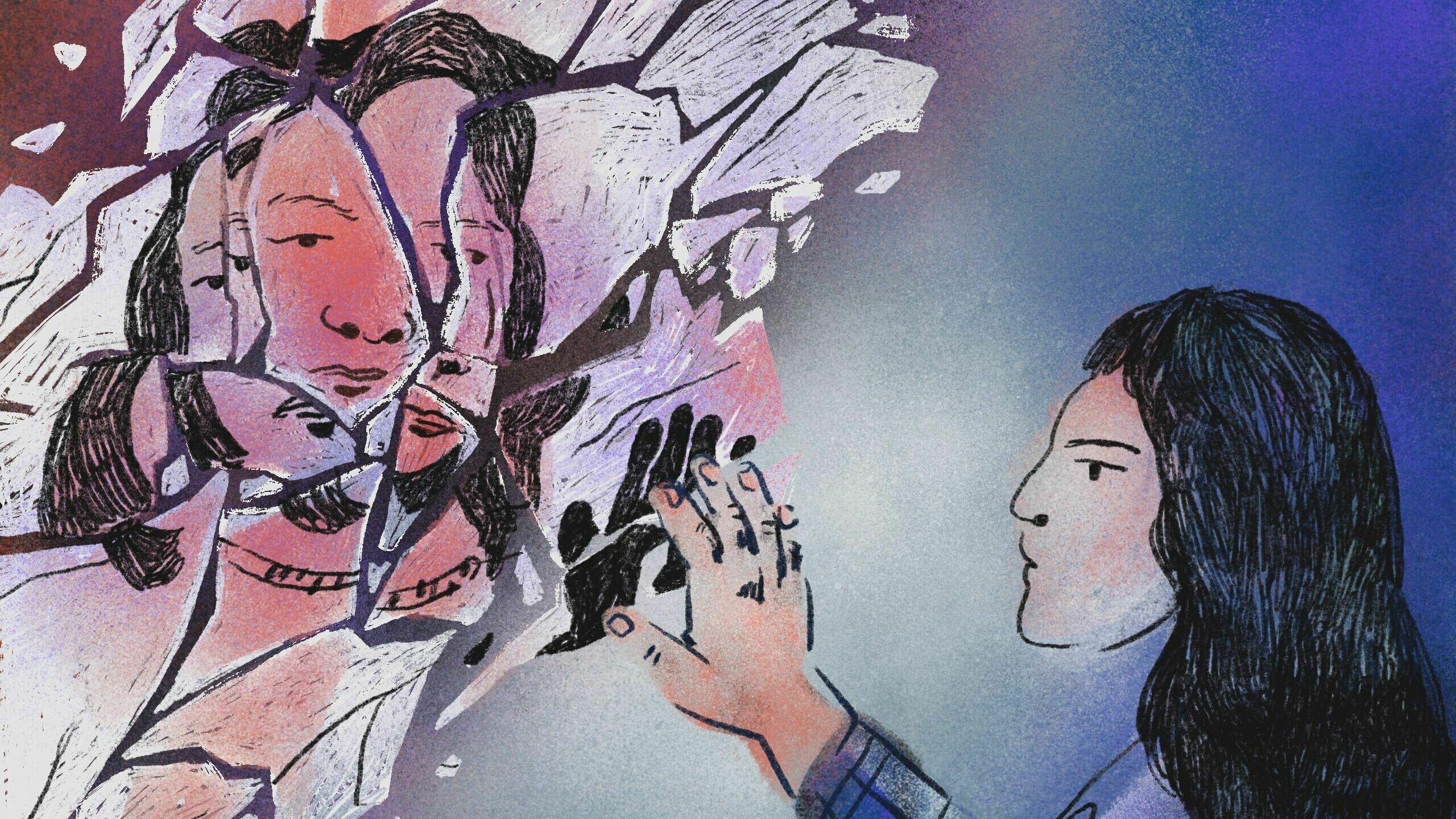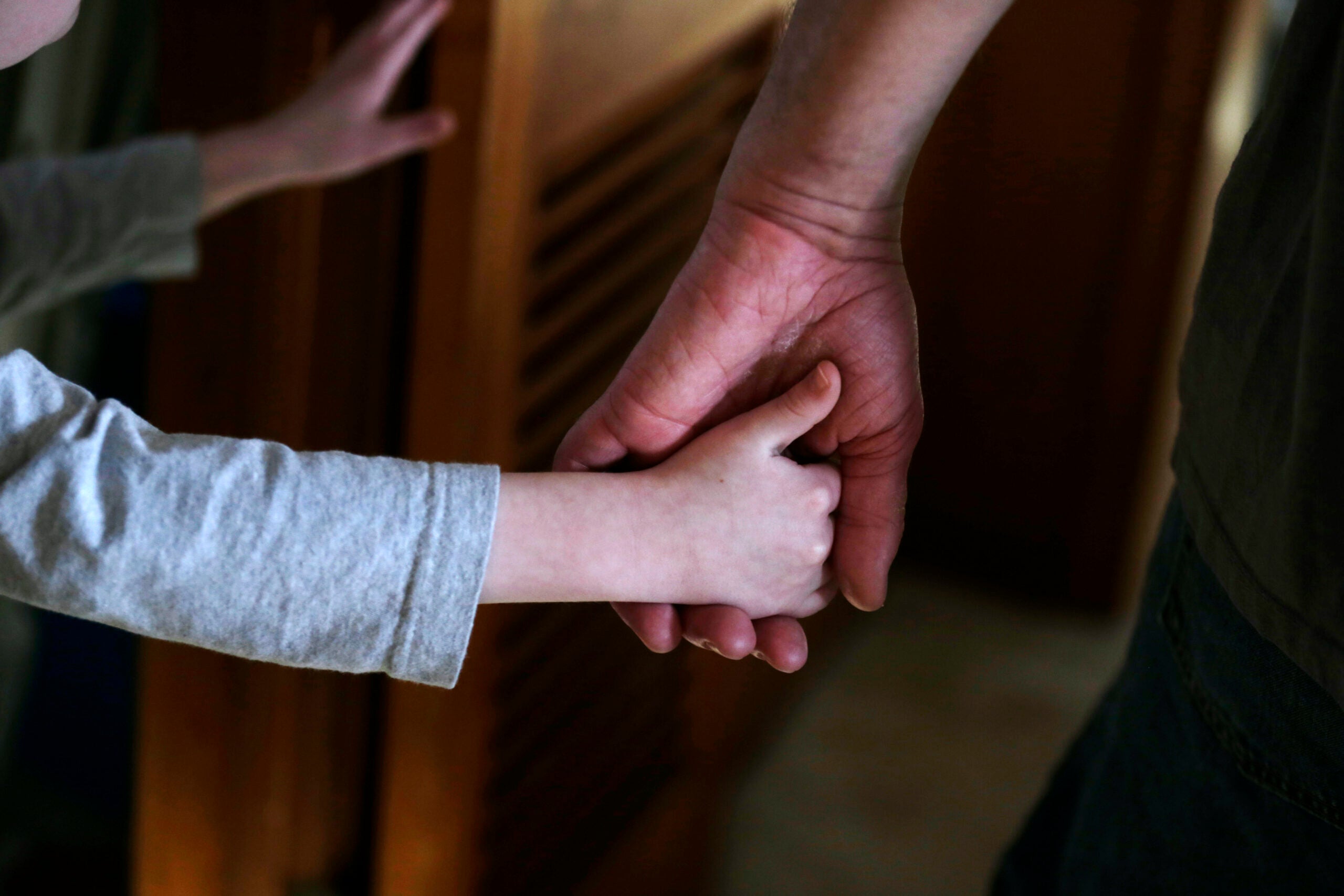Losing a job has impacts on all parts of a person’s life. We talk to an author about how a person’s life — even their identity– changes when they lose their job. We get our weekly update on Washington, and we talk to an economist about a new rule that would expand who’s eligible for overtime pay, in the wake of news that Wisconsin is joining a lawsuit over this new rule.
Featured in this Show
-
Wisconsin Joins Suit Against U.S. Department Of Labor Over Overtime Pay Expansion
Wisconsin is now joining 21 other states in suing the U.S. Department of Labor over a rule that would expand the number of people eligible for overtime pay. The rule was announced in May and is set to take effect in December. It more than doubles the salary level for employees to be eligible for overtime. We talk to an economist about the rule and how it might affect workers in Wisconsin.
-
This Week In Washington – September 21, 2016
Harry Enten, senior political writer and analyst for FiveThirtyEight, joins Central Time for our weekly look at the most pressing issues in national politics.
-
Job Loss, Identity, And Mental Health
The loss of a job can be scary. For many people, unemployment brings uncertainty about how to pay bills or cover costs for basic needs. We talk to an expert who says there’s another important aspect of job loss to pay attention to — the psychological impact, particularly how it affects a person’s mental health and identity.
-
When People Lose Jobs, They're Not Just Losing Money, Professor Says
When people lose their jobs, financial problems are often the first worry. But money isn’t the only problem when someone loses a job — the fear of losing your identity and risking your mental health are also concerns, said Dawn Norris, University of Wisconsin-La Crosse sociology professor and author of “Job Loss, Identity, and Mental Health.”
“In the United States, who we are is largely based on what we do for a living,” Norris said. “One of the first things that people ask us is, ‘What do you do?’”
In the world of sociology, people have multiple identities and roles, things like being a parent, an author, an athlete, or an employee. A big piece of our identity is our job, Norris said.
“When we lose that (job), we lose that sense of stability, and we become confused about who we are,” she explained. “One of the most harmful things that can happen, that can harm our mental health, is that loss of identity.”
While writing her book, the sociologist interviewed people about how job loss affected them. She said lots of those interviewees talked about the impact being laid off had on their identity.
“People talked about not being the same person anymore, or not getting feedback from other people that they were who they thought they were,” Norris said.
She expected people to share fears about their finances in these interviews. But most people didn’t bring up their finances at all. Instead, subjects independently brought up how their identities were challenged by job loss, she said.
“Part of the problem here is that we do live in a culture that emphasizes work and making money and what we do. And it’s really, really hard to de-emphasize that when you don’t have the support of your culture,” Norris said.
Episode Credits
- Judith Siers-Poisson Host
- Veronica Rueckert Host
- Amanda Magnus Producer
- J. Carlisle Larsen Producer
- Haleema Shah Producer
- J. Michael Collins Guest
- Harry Enten Guest
- Dawn R. Norris Guest
Wisconsin Public Radio, © Copyright 2024, Board of Regents of the University of Wisconsin System and Wisconsin Educational Communications Board.





